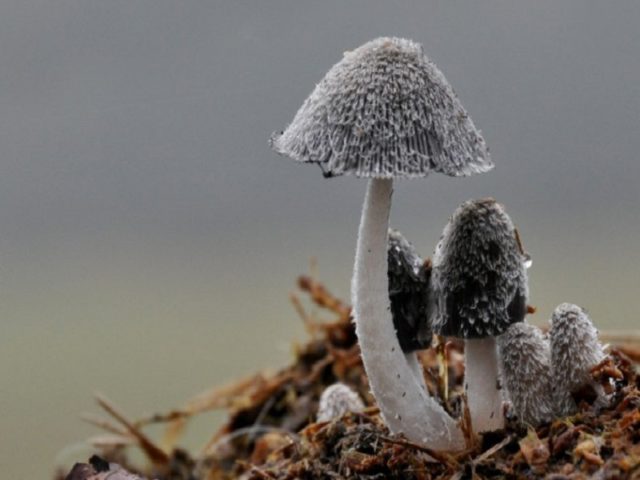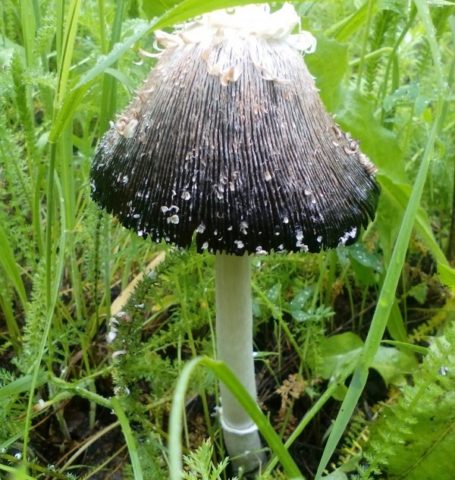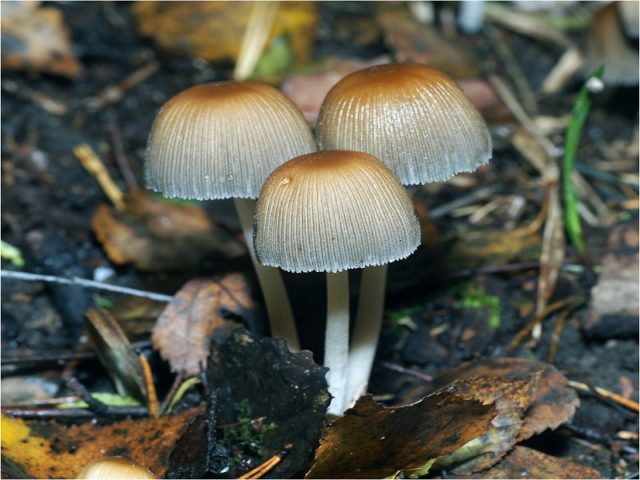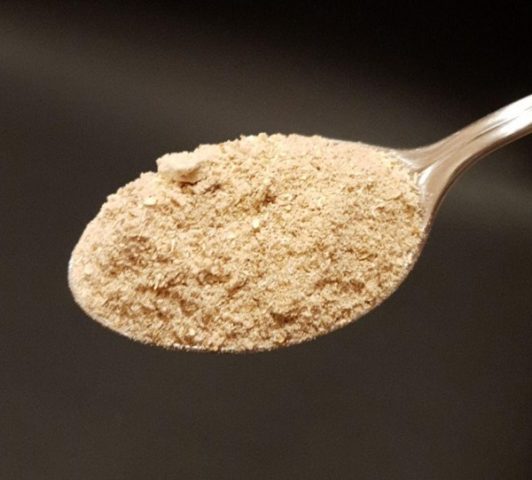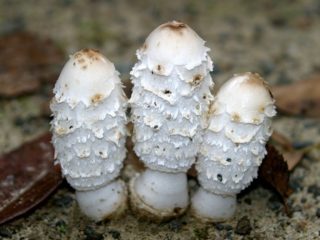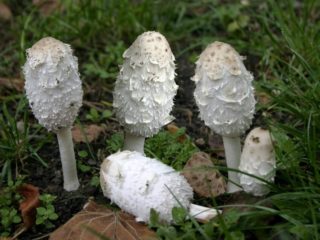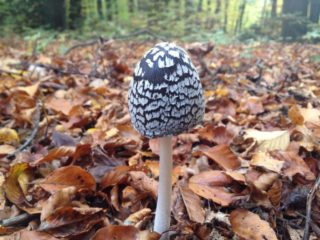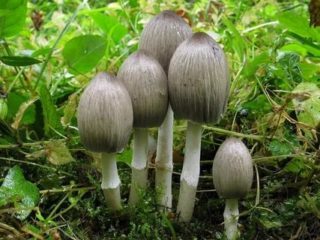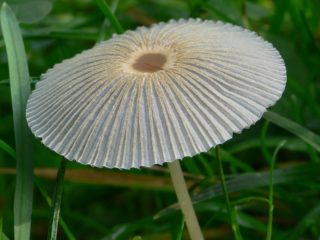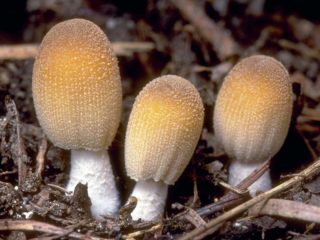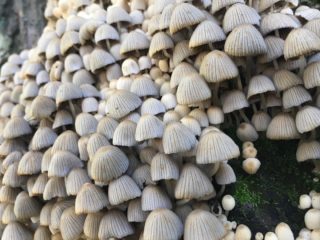Content
Dung beetle mushrooms, or koprinus, have been known for three centuries. During this time, they were singled out as a separate genus, but researchers are still revising their conclusions regarding their edibility. Of the 25 species, the most popular are the common dung beetle, gray and white.
Collected at a young age, they are edible, can be beneficial, and, when properly cooked, are a delicacy. It will be useful to study the properties and characteristics of each species before using it for food or as a medicine.
Where does common dung beetle grow
The places where mushrooms grow correspond to the name of their genus, since these representatives love well-manured soil, rich in humus, organic matter.
They are widespread in the temperate zone of the northern hemisphere. Especially often they can be found after warm rains in vegetable gardens, in fields, along roads, on garbage heaps, in low grass or forest litter. Common dung beetles grow most often one at a time or in small groups. The season starts in May and ends with the onset of frost in October.
What does ordinary dung beetle look like?
If you look at the photo, the common dung beetle has an appearance that is very different from its relatives.
Its gray cap with a brown crown up to 3 cm in diameter, elliptical or bell-shaped, with a white felt bloom. It never fully unfolds or flattens. Its edges are uneven, torn with age, crack, become dark. The plates below the cap are located freely, often. Their color gradually changes from white-gray to yellow and later to black.
The white, fibrous stem is up to 8 cm high and about 5 mm in diameter. It is cylindrical, hollow inside, expanded towards the base.
The flesh of the mushroom is tender, fragile, without a special taste and smell, at first it is light, later it turns gray, and after autolysis (self-decomposition) it turns black and spreads.
Black spore powder.
Is it possible to eat common dung beetle
It is believed that the mushroom is edible at a young age, when the plates are white. Common dung beetle ages very quickly, it takes only a few hours, after which its appearance becomes rather unsightly.
You can eat only caps of young mushrooms, which have a delicate structure and a number of useful elements in their composition:
- vitamins;
- trace elements - phosphorus, potassium, calcium, magnesium;
- amino acids;
- coprin;
- fatty and organic acids;
- Sahara;
- fructose.
Similar species
The common dung beetle differs from its counterparts in its size. Its stem is never taller than 10 cm and thicker than 5 mm, and the cap never fully unfolds.
It does not have false poisonous counterparts, but it is most similar to this species of shimmering dung beetle, which also has an ovoid shape of the cap, which never fully unfolds.
Its diameter is about 4 cm, the color is yellow, and on the surface there are grooves from the plates. It is called shimmering because of the shiny scales that cover the surface of the cap. They can easily be washed away by rain. The plates of the fungus are at first light, and later, under the influence of autolysis, darken and decompose. The spore powder is brown or black. The leg is dense, white, hollow, without a ring. From spring to late autumn, mushrooms living in large colonies can be found on rotting trees (except conifers), on litter.
Collection and consumption
You can eat young fruiting bodies of an ordinary dung beetle, before the staining of the plates begins. The collection is carried out from spring to autumn. After the mushrooms are delivered home, they urgently need to be heat treated.
Powder from fruit bodies, previously cleaned and dried, is widely used. Before grinding, they are fried without oil in a pan. The finished powder is stored in a glass container. It can be used as a spice to add mushroom flavor to a dish.
You can freeze fruiting bodies only after boiling.
Conclusion
Common dung is one of the types of fungi that are often found in urban environments and in other places associated with human activities. This variety is not of great culinary value, it is quite difficult to collect fruiting bodies, caution is required. However, knowledge of the species broadens the horizons of the mushroom picker and gives him new interesting information about the diversity of representatives of the mushroom kingdom.
